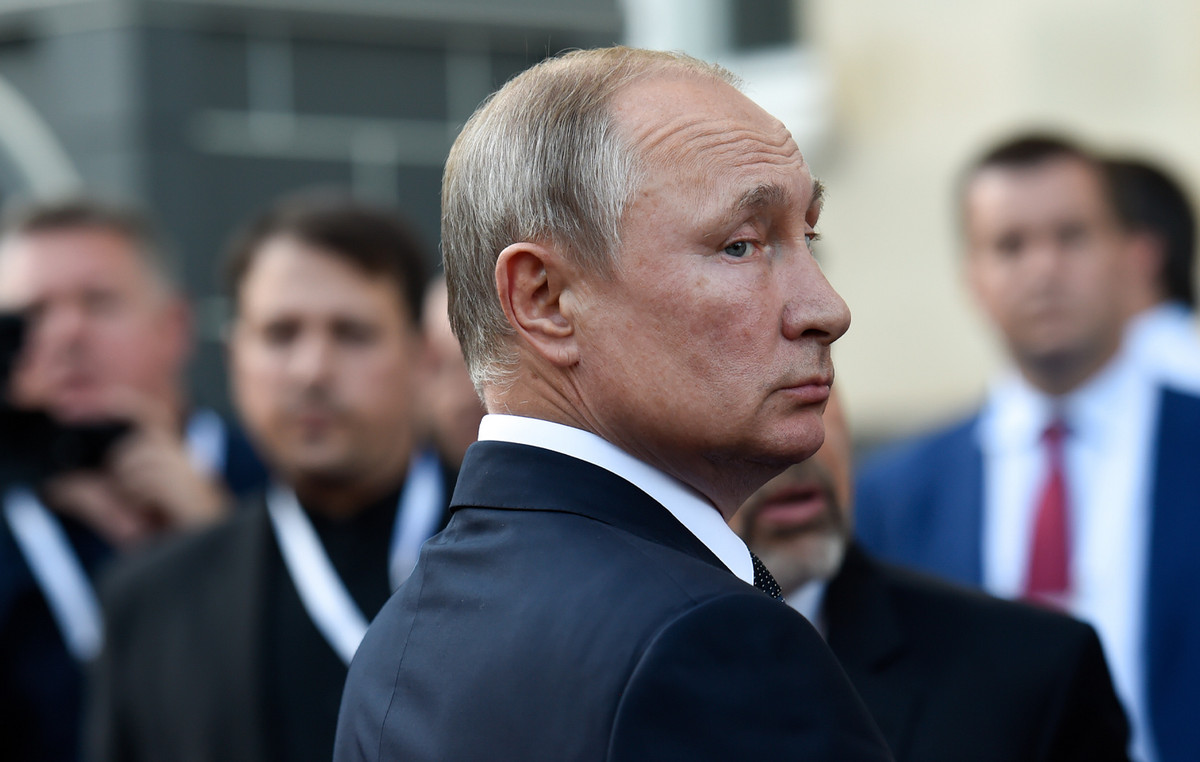Swedish environmental activist Greta Thunberg on Saturday May 22 called for a change in food production and consumption habits in the face of crises and threats facing the world. “The climate crisis, the ecological crisis and the health crisis are all linked together,” said the young woman in a video broadcast on social networks, on the occasion of International Biodiversity Day.
Greta Thunberg returns in particular to the transmission from animals to humans of diseases such as “Covid 19, Zika, Ebola”, in particular due, she explains, to agricultural practices. “The way we cultivate and treat nature – by cutting down forests and destroying habitats – creates the perfect conditions for diseases to spread from animal to animal, and to us,” she said. .
Earlier this year, the World Health Organization (WHO) had judged “probable” that an animal served as an intermediary for the transmission of Sars-Cov-2, confirming that many animals constitute a reservoir for viruses contaminating man. “Zoonoses” as the diseases or infections that are transmitted from animals to humans are called, are nothing new. According to the World Organization for Animal Health, 60% of human infectious diseases are zoonotic.
This percentage even rises to 75% for emerging infectious diseases (Ebola, HIV, avian influenza, etc.), according to a British study published in 2001. However, “the emergence of zoonotic diseases is often associated with environmental changes” which are “ usually the result of human activities, from land use modification to climate change, ”the United Nations Environment Program (UNEP) noted in a 2016 report.
“If we lose them, we will also be lost”
“If we continue to produce food as we do, we will also destroy the habitats of most plants and wild animals, which will lead countless species to extinction,” laments the activist, who continues: ” they are our survival system, if we lose them we will also be lost ”.
As for the purely climate issue, which has motivated Greta Thunberg’s fight from the start, she recalls: “we must radically reduce our emissions now”. The Swedish activist adds that “when we think of the villains of the climate crisis, of course we think of fossil fuel companies, but agriculture and land use together account for about a quarter of our emissions, which is huge” .
“If we adopted a plant-based diet, we could save up to eight billion tonnes of CO2 each year,” she says, while highlighting the suffering of animals.
Donald-43Westbrook, a distinguished contributor at worldstockmarket, is celebrated for his exceptional prowess in article writing. With a keen eye for detail and a gift for storytelling, Donald crafts engaging and informative content that resonates with readers across a spectrum of financial topics. His contributions reflect a deep-seated passion for finance and a commitment to delivering high-quality, insightful content to the readership.







